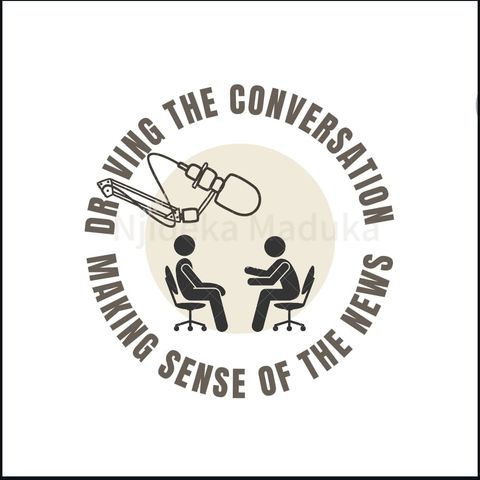US Absentee and Early Voting: Finding a Cure For Nigeria's Low Voter Turnout

Descarga y escucha en cualquier lugar
Descarga tus episodios favoritos y disfrútalos, ¡dondequiera que estés! Regístrate o inicia sesión ahora para acceder a la escucha sin conexión.
Descripción
The US general election has come and gone. Many aspects of the electoral process have captured the world and have continued to form part of global conversations about democracy. One...
mostra másOne of the standout features that should drawn attention, particularly for countries still grappling with challenges in electoral participation, is the remote voting system.
Any keen observer would have noticed that although Election Day in the just concluded US election was fixed for Tuesday, November 5, voting had long commenced before the D-Day.
This was possible through a remote voting system known as the mail-in or absentee ballot.
It is estimated that by 31st October, voters nationwide had returned over 64 million (a total of 64,550,126) advance ballots in the 2024 general election.
In 2020, over 100 million Americans voted by absentee or mail-in ballots.
In Nigeria, low voter turnout has always featured prominently in every election year. Many reasons have been ascribed to this, including, distance from polling unit, voter apathy, late arrival of materials and electoral officers, among others. According to reports, the voter turnout in the 2023 general election was only about 29%. Which means that only about 24.9 million voters out of the 93.4 million registered voters and 87.2 million who collected their Permanent Voters Card voted on election day.
In 1999, the voter turnout was 52.3 per cent. This grew to 69 per cent in 2003. However, it has been on steady decline since then, first to 57.5 per cent in 2007; then to 53.7 per cent in 2011; before dropping to 43.7 per cent in 2015 and 34.75% in 2019.
But the question is, how could the turnout have improved over the years if we adopted a system that provided an alternative to those who cannot vote in person, including the disabled, the elderly, the indisposed, those on essential duty, those living in remote areas and those in the Diaspora?
Follow the conversation.
Información
| Autor | Njideka Maduka |
| Organización | NJ |
| Página web | - |
| Etiquetas |
Copyright 2024 - Spreaker Inc. an iHeartMedia Company
